Politics
Labour win leaves every party with problems

AGAINST all predictions, the elections to the Welsh Parliament have produced neither a coalition nor a breakthrough for either the Conservatives or Plaid Cymru.
Instead, Mark Drakeford will return to Cardiff Bay as First Minister at the head of a Labour Government.
Although thirty seats is not an overall majority, something Labour has never had in Wales, it is more than enough to form a government able to advance its policies with very little horse-trading.
The presence in the Welsh Parliament of a lone Liberal Democrat, Jane Dodds, will almost certainly lead to Labour having 31 dependable votes without having to do too many deals with Plaid Cymru to get what it wants.
CONSERVATIVES STILL WAIT FOR THE GREAT LEAP FORWARD

The Conservatives captured only one of their target seats, the Vale of Clwyd. They racked up impressive performances in seats they already held.
Apart from the Vale of Clwyd, they failed to make any breakthroughs in North Wales. In seats like Cardiff North and the Vale of Glamorgan, the Conservatives went backwards at a rate of knots.
Already ‘sources’ in the Conservatives claim it’s because the party in Wales didn’t capitalise on the Brexit vote. That, again, reveals a party too intent on internal faction-fighting and reliving the Brexit psychodrama than one focussed adequately on the present and the future.
It also rewrites history (the Conservatives did rather well in December 2019) and ignores an important reality.
Mark Drakeford’s profile during the last year rose.
His regular public briefings brought him and the powers the Labour Government has in Cardiff Bay into people’s daily lives.
As Labour Minister Lee Waters admitted, Mark Drakeford might be ‘a bit nerdy, a bit boring’, but he was Labour’s biggest electoral asset.
As the Conservatives in Wales cleaved to an ever-closer union with Boris Johnson’s Westminster Government, the personal contest boiled down to Boris versus Mark.
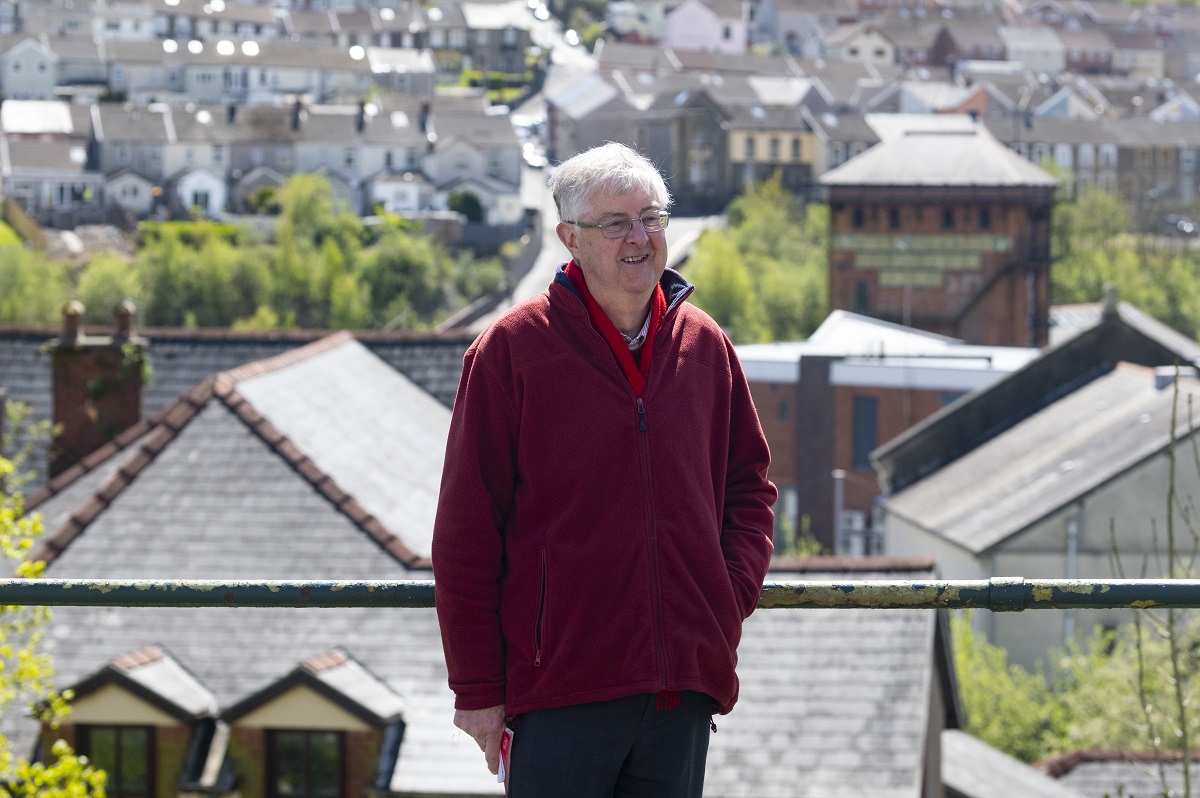

The Welsh public took one look at the calm and (yes) boring Mark Drakeford and the shambling sloganeering Boris Johnson and decided which they preferred.
The Welsh Government’s steady and cautious approach to the pandemic contrasts favourably with the scandal-mired and higgledy-piggledy approach over Offa’s Dyke.
Suppose the Conservatives in Cardiff Bay continue to behave like sock puppets for Westminster. In that case, they will never break through to a Welsh public that has not returned a Conservative majority since the nineteenth century.
Someone needs to sit down and explain that to Andrew RT Davies and his handlers in plain and honest language.
The question boils down to this: are you Welsh Conservatives with a plan for Wales or Conservatives in Wales with an agenda set by Westminster and the Welsh Office?
The Conservatives cannot ride two horses at once and need to be upfront about who and what they are.
That said, the Conservatives are Wales’ second party – and by some margin, too. The validity of conservatism as a force in Welsh politics can be neither ignored nor understated.
No matter how much abuse is flung at their candidates and activists on social media by activists from the left and/or those supporting independence, that’s a political reality and will remain so for some time.
A failure to acknowledge opposing ideas not only exist but have the right to exist is a fatal flaw in both nationalist and left-wing politics. Particularly for the former: without persuading small ‘c’ conservatives to support independence, the chances of winning a referendum are practically nil.

PLAID LOOK FOR DIRECTION AND A FUTURE
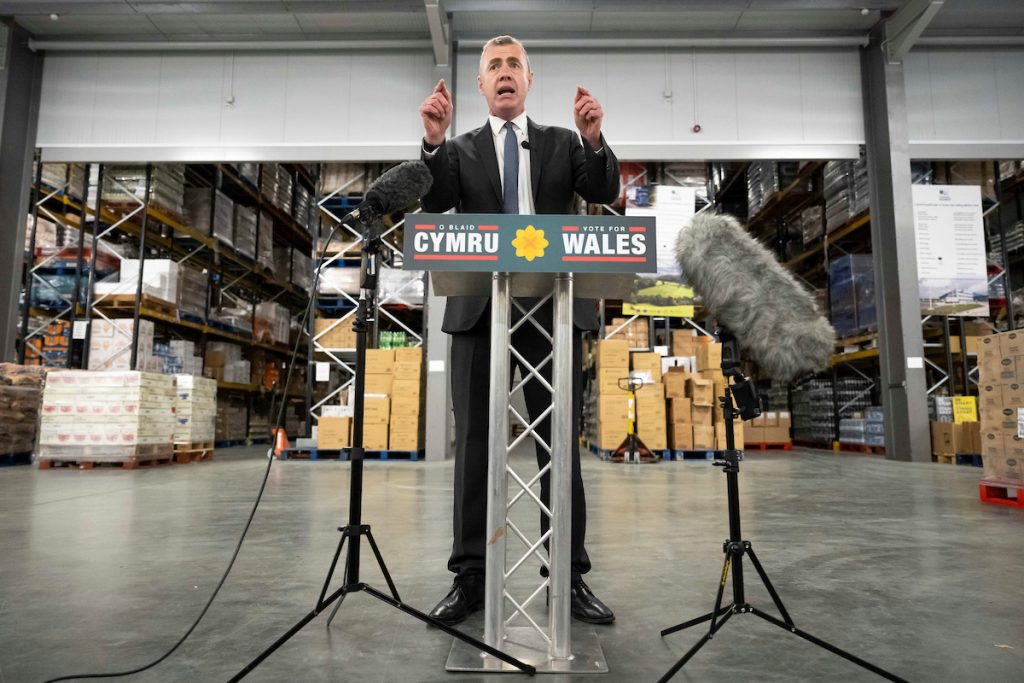
The election was undoubtedly disappointing for Plaid Cymru. Brave talk and bold promises did not convert to votes where it mattered.
In target marginals, their vote simply didn’t materialise.
Plaid Cymru lost former leader Leanne Wood, and Helen Mary Jones was crushed in Llanelli.
Llanelli has long been the most marginal seat in Wales. Lee Waters’ new majority is some way north of 5,500 and looks to have ended Helen Mary Jones’ long political career.
In Preseli Pembrokeshire, Cris Tomos increased Plaid’s vote by over 50%. In Carmarthen West and South Pembrokeshire, Plaid’s vote-share went up by over a fifth.
That happened through a volunteer effort as resources were piled into Llanelli, where Plaid was routed.
Plaid has less money than other parties. The folly of pouring resources into a single seat shows weakness. There was no need for a paid organiser for one seat – it should’ve been a regional effort to maximise Plaid’s regional vote.

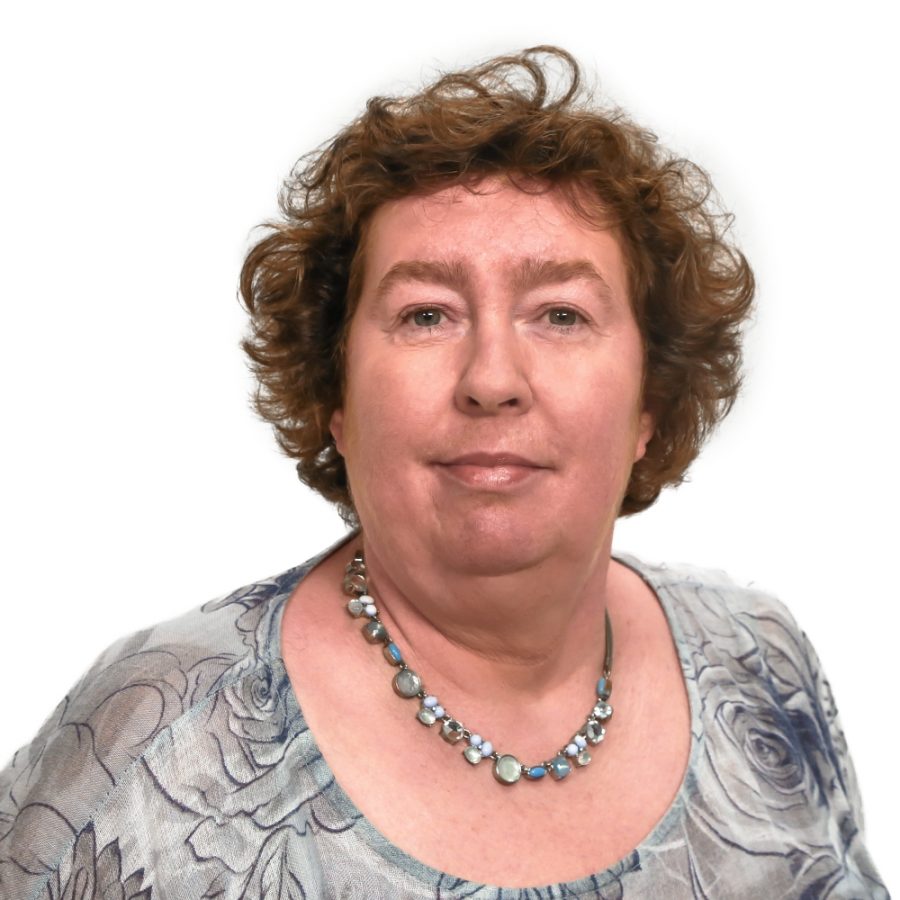
While the losses of Leanne Wood and Helen Mary Jones are undoubtedly a blow to Plaid Cymru in the Senedd, it is unlikely to upset too many more traditionally-minded party activists.
Plaid’s core problem is that its central office staff and its national executive consists of factional activists who pursue sectional interests above creating a policy agenda that speaks to the sort of voters Plaid needs to pick up.
Those small ‘c’ conservatives – socially conservative but inclined to Plaid on other issues – have no home or voice in the party.
They might vote Labour. They might vote Conservative. Far worse, they might not vote at all. And they will not vote for Plaid.
If Plaid is going to be a third party with influence, instead of a ginger group constantly on the fringes of power but without ever exercising it, it needs to professionalise its organisation and stop the nonsense which ties the hands of regional campaigns.
There’s no point having your head in the clouds if you’re hurtling towards the ground without a parachute.
TIME TO ABOLISH ABOLISH
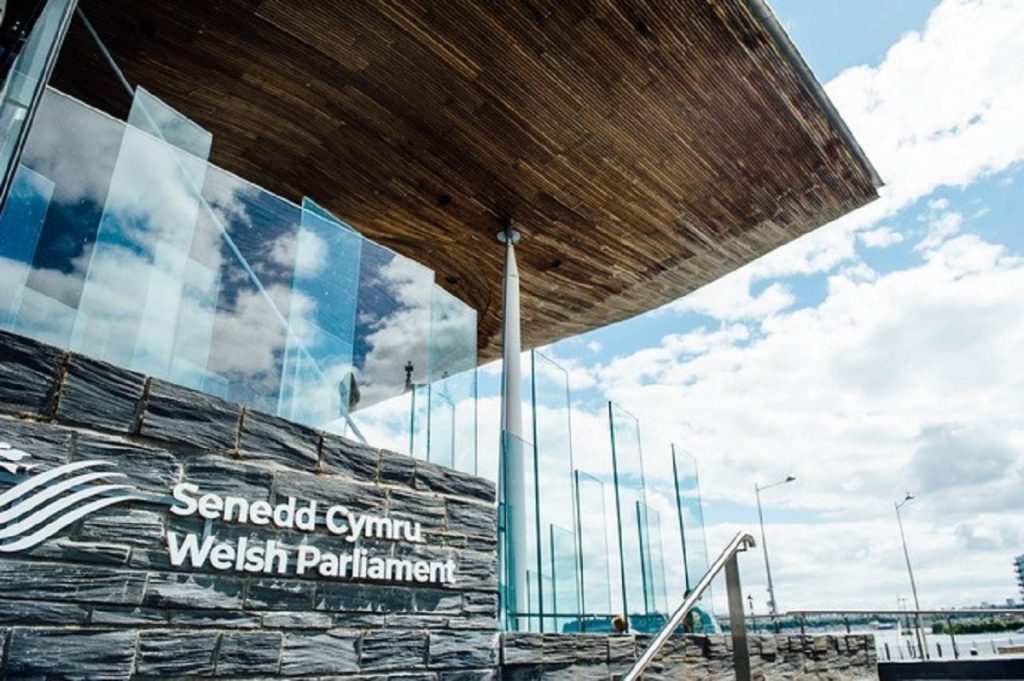
A website, a slogan, a few polls. Constantly bigged-up by the London media and the BBC, Abolish the Assembly (sic.) got exactly what it deserved.
Bog all.
The Greens outperformed Abolish – again – demonstrating the farce of Richard Suchorzewski’s invitation from the BBC to the main leadership debate for what it was.
While the Abolish voice will not be silenced, its hammering will ensure it won’t be given a free pass in the future.
After five years of faction-fighting, UKIP’s vote predictably collapsed.
Only one of its candidates – Paul Dowson in Carmarthen West and South Pembrokeshire – came within 50 of getting 1,000 votes in any constituency.
As Welsh online media becomes more diverse and breaks through to more people in Wales, and it will, the hold of London dead tree media will decrease. The chances of fringe single-issue parties getting the coverage and exposure they enjoyed before the election will recede.
Not because those voices aren’t necessary, but because the voters – those who consume media – don’t think they’re important enough to justify coverage.
The argument about abolition is over. What remains is the debate about what powers the Welsh Parliament has in the future.
THE THREAT TO LABOUR

When a party has performed so far above pollsters’ expectations in an election, it sounds strange to speak of its threats and problems.
But there are issues that Labour cannot ignore.
It has no excuse left for not delivering its modest policy agenda within the five years of this Welsh Parliament.
Secondly, turnout in Labour safe seats – those with no second party threat – was humiliatingly small. Swansea East turned out barely a third of its electorate, and Merthyr and Rhymney 35%. That’s no ringing endorsement for a sitting government from its core voters.
The politics of Wales outside Labour safe seats were far more dynamic, and the electoral significantly more engaged.
Although barely half of 16-17-year-olds registered to vote, most of those who registered voted. And a basic assessment suggests they voted disproportionately for Plaid and the Green party over the big two.
Complacency is also a risk. Labour cannot just sit back; it’s got a more-or-less working majority under its own steam. There can be no excuses now.
The pandemic was the Welsh Government’s unseen friend in this election. It raised the Welsh Government’s profile within Wales and showed the public what the Welsh Government could do with its powers. It boosted Mark Drakeford’s public profile.
As the campaign went on it became noticeable other Labour ministers faded into the background in favour of a focus on Mark Drakeford’s personal qualities.
In the past, this was called ‘the doctor’s mandate’ in UK elections, and Mark Drakeford’s evident diligence and doggedness played well.
In the absence of the pandemic, it’s hard to see how Labour could’ve maintained its death-grip on the levers of power unaided.
The biggest challenge for Labour is who succeeds Mark Drakeford and when.
He said he would stand down in this Parliamentary term, and that leaves Labour a real difficulty.
The personal focus on Mark Drakeford deflected attention from the shortcomings of pretenders to his throne.
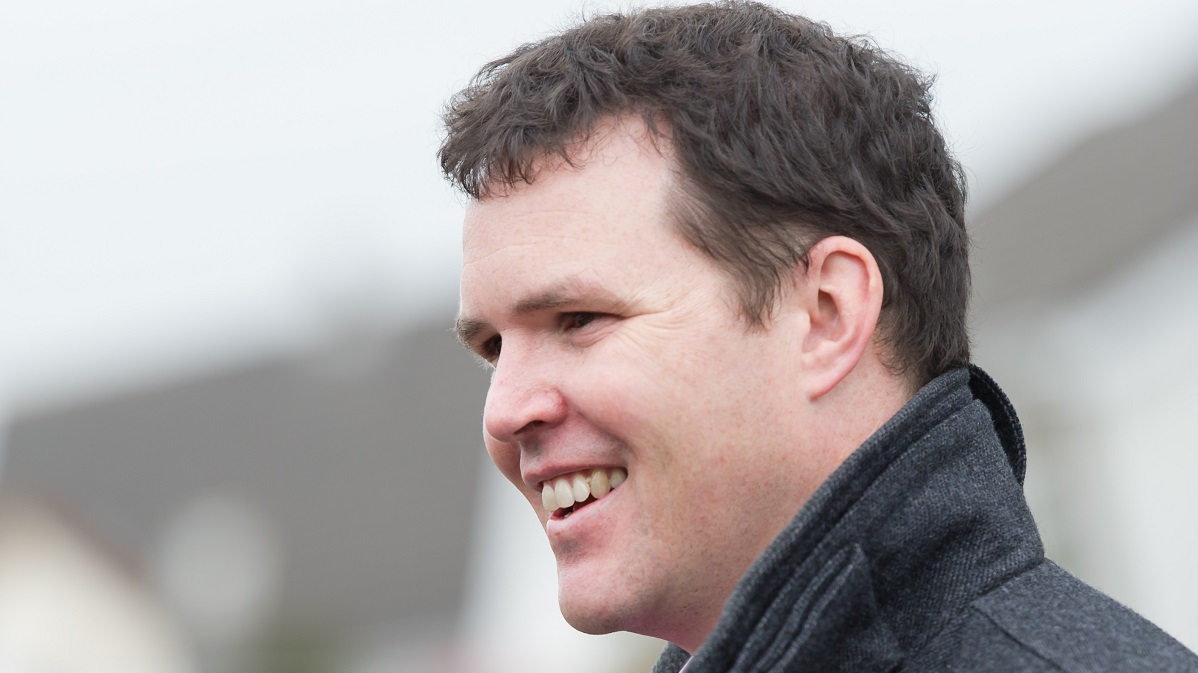
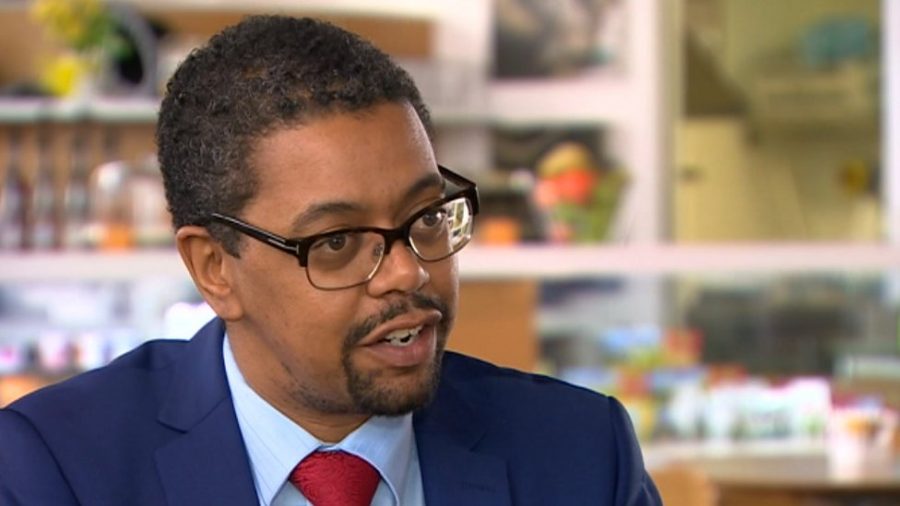
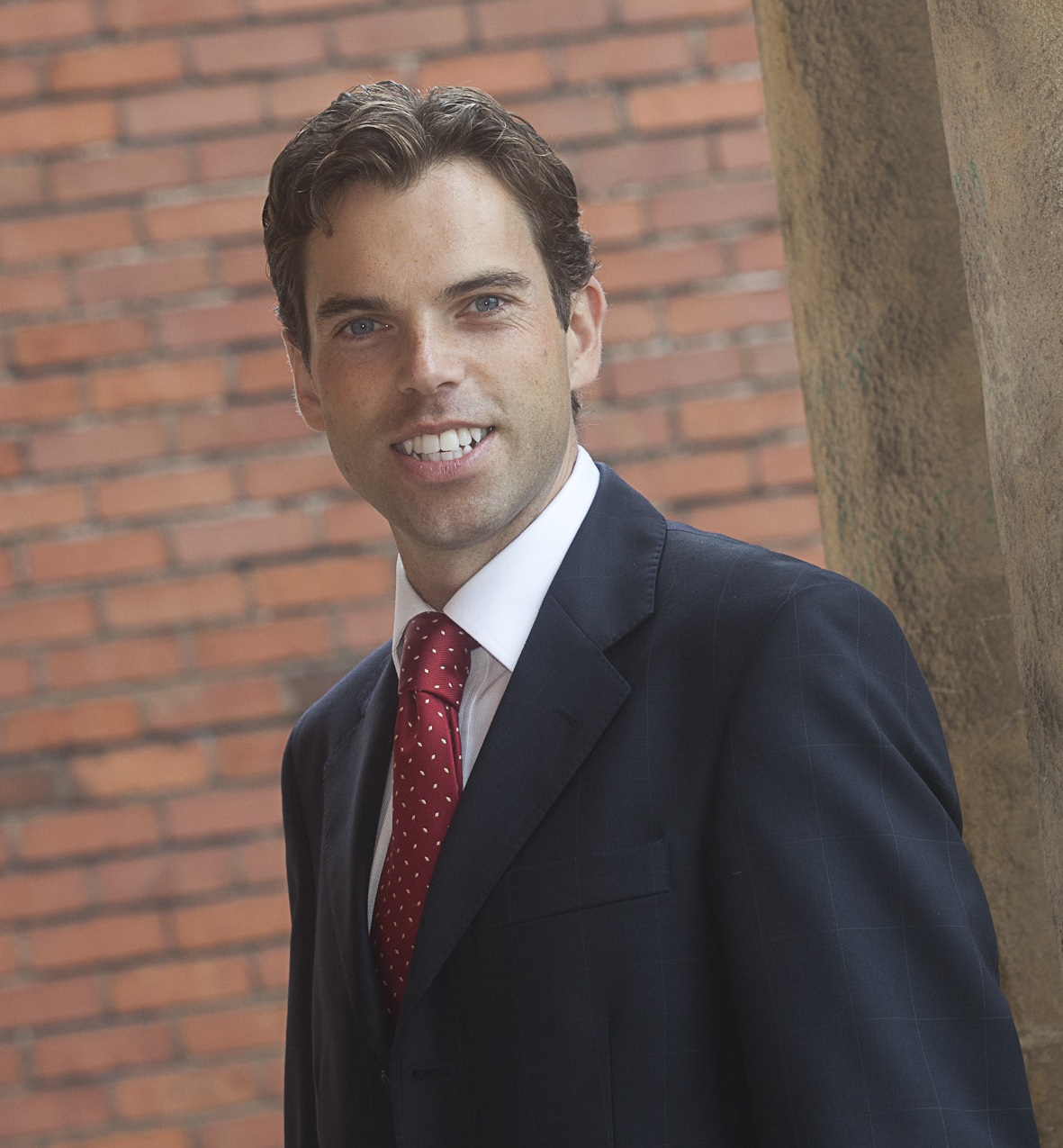
Vaughan Gething: patronising, easily rattled, waspish, doesn’t command the detail.
Ken Skates: unfairly labelled plastic but with a sound grasp of policy but almost no public profile to speak of.
Probably the ablest of the Welsh ministers is Lee Waters. He is bright and articulate but hamstrung by a reputation for being ‘difficult’.
Nine out of ten voters probably couldn’t name any other members of the last Labour cabinet. Unless you’re a farmer. In which case, you’ll have a Lesley Griffiths dartboard.
Without Mark Drakeford at the helm, there’s a distinct shortage of candidates with either the public profile or political weight to take up the post of First Minister.
Wind forward five years, Labour faces a real fight if it fails to deliver on its limited manifesto and lacks a leader who appeals to the wider Welsh public and not just Labour’s endemic tribalism.
Then the political landscape of Wales might well change.
News
Kurtz calls on Labour MPs to back release of Mandelson papers

Opposition motion follows Epstein-linked document disclosures
A SENEDD Member has called on Labour MPs to support a Conservative Opposition Day Motion demanding the release of papers linked to Peter Mandelson’s appointment as the UK Ambassador to the United States.
Samuel Kurtz said the motion follows the publication of new files and photographs involving Lord Mandelson, which were released as part of a United States investigation into the disgraced and convicted child sex offender Jeffrey Epstein.
Speaking out, Mr Kurtz said that during Prime Minister’s Questions, the Prime Minister admitted he was aware of Peter Mandelson’s ongoing relationship with Epstein at the time of his appointment.
“That means the Prime Minister knowingly appointed Peter Mandelson to one of the most important diplomatic roles in government despite his links to Epstein,” he said. “This raises serious questions about the Prime Minister’s judgement.”
Mr Kurtz went on to accuse the Prime Minister of attempting to prevent transparency over the appointment process.
“Now, instead of being open and transparent, the Prime Minister is attempting to block the release of documents relating to Mandelson’s appointment in order to protect his own position,” he said.
He warned that Labour MPs who oppose the motion would share responsibility for withholding information, adding: “If Labour MPs support blocking the release of these papers, they will be complicit in covering up the process and judgement that led the Prime Minister to appoint Peter Mandelson as Ambassador, despite his friendship with Jeffrey Epstein.”
News
Welsh peace campaigner removed from court during Palestine protest case

Concerns raised over use of terrorism laws against silent sign-holders as Welsh activist among those ejected from London hearings
A WELSH peace campaigner was among several protesters removed from court by security staff this week as plea hearings continued for people charged under terrorism legislation for holding pro-Palestine signs.
Angie Zelter, aged 74, from Knucklas, appeared at Westminster Magistrates’ Court in London on Monday as part of mass proceedings linked to the Government’s ban on Palestine Action.
Campaigners say hundreds of people across the UK – including some in Wales – have been charged under Section 13 of the Terrorism Act 2000 after quietly holding handwritten signs reading: “I oppose genocide. I support Palestine Action.”

Zelter, a long-time anti-war activist and founder of Trident Ploughshares, attempted to read a prepared statement criticising the prosecutions before being escorted from the courtroom, according to supporters.
She told the court she did not accept being labelled a terrorist for what she described as peaceful protest and opposition to the war in Gaza.
Outside the building, fellow campaigners said she had sought to argue that international law and freedom of expression should protect non-violent dissent.
Also removed from the hearing was Tim Crosland, co-founder of Defend Our Juries, who said he had tried to raise legal objections to the charges before being asked to leave.
Arrests nationwide
Organisers of the “Lift The Ban” campaign claim nearly 3,000 people have been arrested across Britain since late 2025 for taking part in silent vigils, with several hundred now facing prosecution. The offences carry a maximum sentence of six months in prison.
The group argues the legislation is being used to criminalise peaceful protest. It is calling on the Government to lift the ban on Palestine Action and to change its stance on military cooperation with Israel.
However, ministers have defended the proscription, saying the organisation has been linked to criminal damage and disruption at sites connected to defence manufacturing.
Welsh perspective
While most hearings are taking place in London, campaigners say demonstrators in Wales have also taken part in sign-holding protests.
Civil liberties advocates have warned that applying terrorism laws to non-violent protest risks setting a troubling precedent.
For many in mid Wales, the sight of a pensioner from rural Powys being removed from a courtroom has sharpened debate over where the line lies between legitimate protest and criminality.
Further hearings are scheduled in the coming weeks, with more defendants from across the UK expected to appear.
Business
Bid to convert office space into chocolate factory, salon and laundrette

A CALL for the retrospective conversion of office space previously connected to a Pembrokeshire car hire business to a chocolate factory, a beauty salon and a laundrette has been submitted to county planners
In an application to Pembrokeshire County Council, Mr M Williams, through agent Preseli Planning Ltd, sought retrospective permission for the subdivision of an office on land off Scotchwell Cottage, Cartlett, Haverfordwest into three units forming a chocolate manufacturing, a beauty salon, and a launderette, along with associated works.
A supporting statement said planning history at the site saw a 2018 application for the refurbishment of an existing office building and a change of use from oil depot offices to a hire car office and car/van storage yard, approved back in 2019.
For the chocolate manufacturing by ‘Pembrokeshire Chocolate company,’ as part of the latest scheme it said: “The operation comprises of manufacturing of handmade bespoke flavoured chocolate bars. Historically there was an element of counter sales but this has now ceased. The business sales comprise of online orders and the delivery of produce to local stockist. There are no counter sales from the premises.”
It said the beauty salon “offers treatments, nail services and hairdressing,” operating “on an appointment only basis, with the hairdresser element also offering a mobile service”. It said the third unit of the building functions as a commercial laundrette and ironing services known as ‘West Coast Laundry,’ which “predominantly provides services to holiday cottages, hotels and care homes”.
The statement added: “Beyond the unchanged access the site has parking provision for at least 12 vehicles and a turning area. The building now forms three units which employ two persons per unit. The 12 parking spaces, therefore, provide sufficient provision for staff.
“In terms of visiting members of the public the beauty salon operates on an appointment only basis and based on its small scale can only accommodate two customers at any one time. Therefore, ample parking provision exists to visitors.
“With regard to the chocolate manufacturing and commercial laundrette service these enterprises do not attract visitors but do attract the dropping off laundry and delivery of associated inputs. Drop off and collections associated with the laundry services tend to fall in line with holiday accommodation changeover days, for example Tuesday drop off and collections on the Thursday.
“With regard to the chocolate manufacturing ingredients are delivered by couriers and movements associated with this is also estimated at 10 vehicular movements per week.”
The application will be considered by county planners at a later date.
-

 Health6 days ago
Health6 days agoConsultation reveals lack of public trust in health board
-

 News1 day ago
News1 day agoPrincess of Wales visits historic Pembrokeshire woollen mill
-

 Crime5 days ago
Crime5 days agoPembroke man accused of child sex offences sent to Swansea Crown Court
-

 Community7 days ago
Community7 days agoCampaign to ‘save’ River Cleddau hits over 2,200 signatures
-

 Health3 days ago
Health3 days agoDoctor struck off after sexual misconduct findings at Withybush Hospital
-

 Community5 days ago
Community5 days ago50s women threaten legal action over pension compensation refusal
-

 Crime5 days ago
Crime5 days agoManhunt intensifies after woman seriously injured in Carmarthen park stabbing
-

 Business6 days ago
Business6 days agoEight-year prison sentence after vehicle stop uncovers drugs worth over £150,000


























